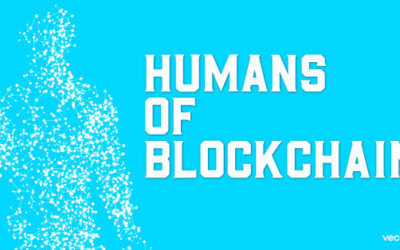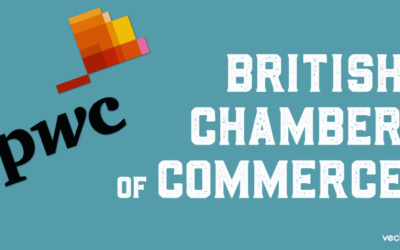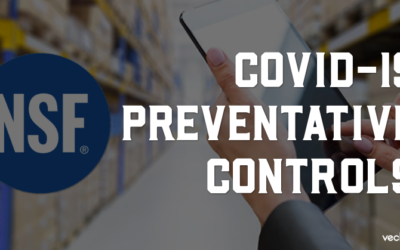First-of-its-kind marketplace added to Real Items

Over the past weekend (February 22), Real Items launched their NFT-backed marketplace, to sell verified items directly to consumers. The marketplace featured a number of retail items, including a popular mug with a QR code linked to its transaction on the VeChain mainnet.

The marketplace is not the main business model for Real Items. Instead, it is meant to serve as a demo of what other businesses could provide customers as part of Real Items growing Software-as-a-Service offering: Real Items built the infrastructure to put a company’s goods on the (VeChain) blockchain, as well as provides end users with landing pages and media to educate shoppers about the goods they are buying. After purchasing, buyers can input a single use 2FA pin to claim the item, giving them additional functionality down the road, and providing sellers more insights on their marketshare. When the item is claimed, a second transaction occurs, transferring ownership to the customer.
The Real items application suite leverages VeChain’s built in fee delegation to sponsor initial transactions so users aren’t required to be familiar with blockchain or VET. Their solution removes the need for brands to dive into every nuance of blockchain technology so they can integrate in a matter of minutes opposed to months. Their cloud platform uses VeChain’s MPP (Multi-party payment) saving shop owners and customers from the complexities of blockchain transactions.
Real Items is currently building an enterprise sales team to push this model into more mainstream areas. However, one area they are committed to working with is helping out with charities and sustainable organizations. Higher traceability and customer confidence makes shoppers more likely to support these initiatives, and Real Items can do a lot in this regard.

An example of Real Items supporting charitable initiatives
Real Items makes it easy for sellers to get involved. Using the Real Items Shopify app, sellers can instantly link their webstore products and print out labels with 2FA-QR codes or send the NFTs direct to a customer’s real items account after a purchase. This eliminates the need for consumers to have a wallet. Their assumption is that most users will treat their digital certificates (NFTs) like Bitcoin on Coinbase, making personal custody the last option they choose.
Also in the marketplace was an original VeChain101 design. The design is a nod to VeChain’s ties to Shanghai, where the blockchain began, and their original use case verifying supply chains. It features a container ship on the the historic Huangpu River, with The Oriental Pearl TV Tower, the Shanghai Tower, and the Shanghai World Financial Center forming the backdrop.

For more information, check out their website at realitems.io.







 Analytics provided by
Analytics provided by 
